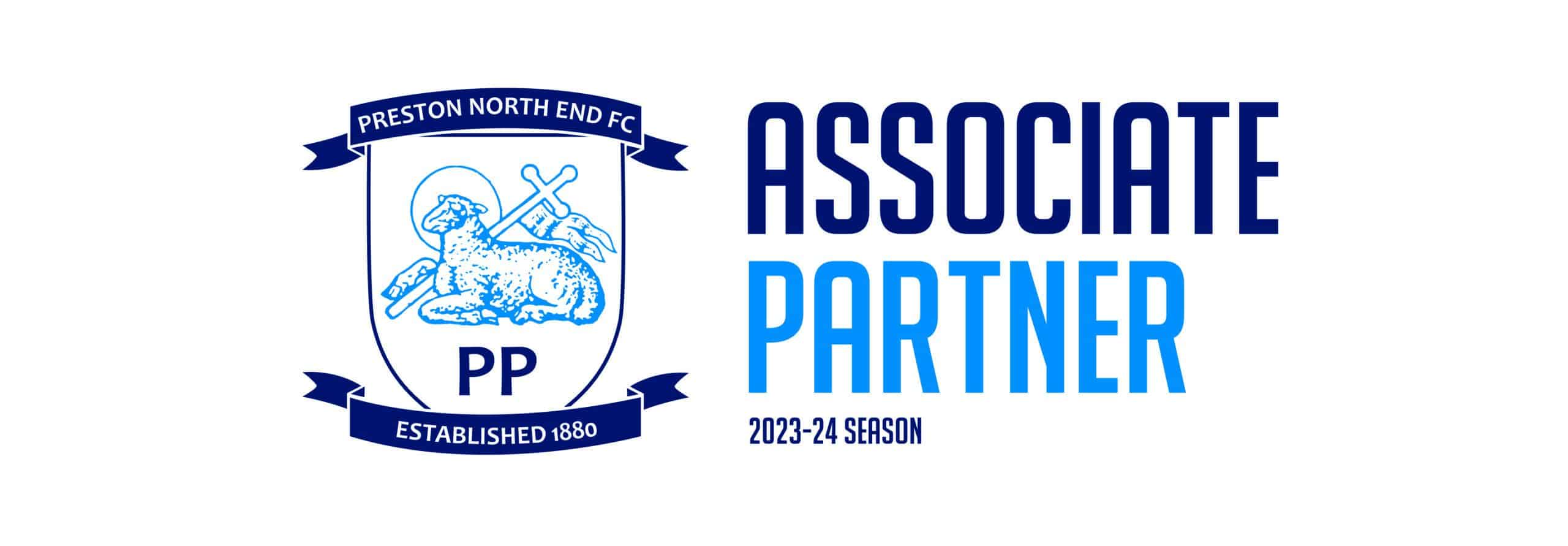Credit Reports with Mortgages By McAteer
What is a credit report and why is it important?
A credit report is a record of your payment history, it can impact so many aspects of your life, such as obtaining a mortgage, car finance, credit cards, or even the ability to rent a property.
It gives a good indication to lenders of your credit worthiness and your payment history, usually over the past six years. Over that period of time, lenders can identify if you’ve kept up to date with repayments.
How does a credit report work?
Mortgage companies, banks or building societies, credit card and loan companies, and utility companies will all report your repayment history. This creates a record, which will determine your suitability to lend money to in the future.
How do you get a credit report?
Checking your credit report online nowadays is very easy. There are many different apps and companies offering free access to your credit reports. The four main credit reference agencies are Equifax, Experian, Crediva, and TransUnion and are most likely the ones lenders will look at when you’re applying for a mortgage.
Does getting your credit report hurt your credit score?
Obtaining a copy of your report will have no impact on your credit rating whatsoever.
How do I improve my credit score?
There are many different factors that can help, but most importantly, ensure you’re registered on the electoral roll, paying credit commitments on time, and fully clearing balances where possible. It’s also important not to apply for credit prior to making a mortgage application.
You can also use a credit card to improve your score by regularly putting a small amount on it, perhaps fuel or shopping, and then fully clearing it on a monthly basis. Be aware that if you miss any payments, it can have an adverse effect.
What is your credit report used for?
Lenders use it to check your payment history for the past six years in order to ascertain whether you’ll be able to keep up with your future mortgage repayments. Any financial links appear on your credit file, so anybody you have shared a joint account with, even ex-partners can be financially linked.
Your credit report also shows any defaults or County Court Judgements (CCJs) against you, as well as bank accounts with an overdraft facility, whether you’re on the electoral register, your address history, and any fraud markers.
Bad Credit
It’s easier than you might think to have bad credit recorded against you, for example, mobile phones often cause unknown defaults, when final bills are missed after an ended contract, set up a new contract and there’s been a final bill that’s been missed. Just speaking to the phone provider can often rectify this type of issue easily.
Do banks use credit scores?
Not all, but most banks will use a credit score. When it comes to a mortgage application, it depends on the size of the deposit or how much equity that you have in your house. The more deposit you can afford to put down, the less risk you are to a lender, so you won’t necessarily need to score so highly for a remortgage, for example.
How can McAteer help clients with their credit reports?
We always ask for a credit report from our clients and find that ‘check my file’ covers the four credit reference agencies. Check My File offer a free 30 day trial which you can cancel at anytime, after that it is £14.99 p/m, however it will give you a good indication of what activity is on your file.
We’ll be able to understand which lenders you’re likely to be accepted with now or in the near future and we can set you up with a clear road map of what improvements you might need to make and when you are likely to be able to buy.
I would urge everyone to look at their credit report as early as possible if they are considering buying a home. This can save any disappointment caused by missing out on the house of your dreams, due to credit issues that you were unaware of.
Your property may be repossessed if you do not keep up repayments on your mortgage.
